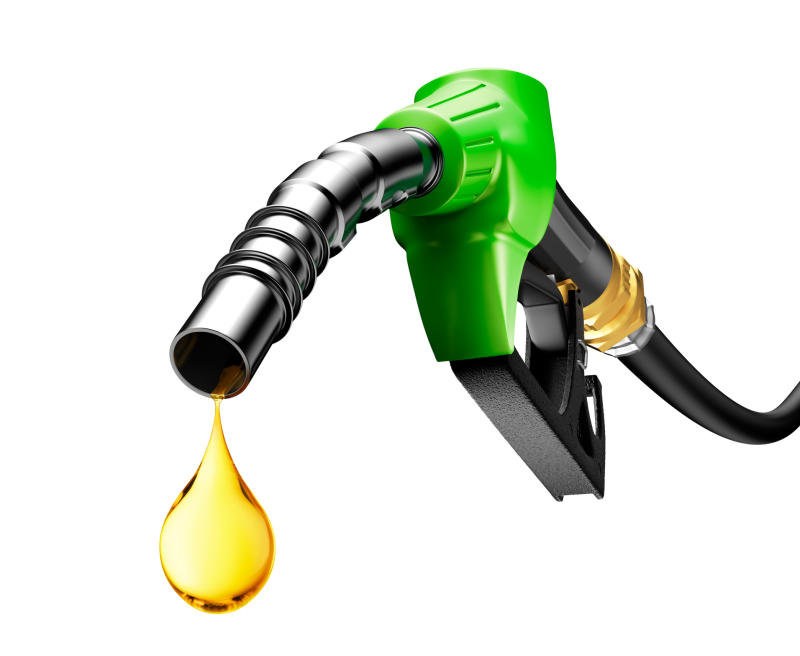×
The Standard e-Paper
Fearless, Trusted News

The value of petroleum products imported to Kenya dropped by 10 per cent in the quarter to September compared to a similar period in 2018, following a decline in the global oil prices.